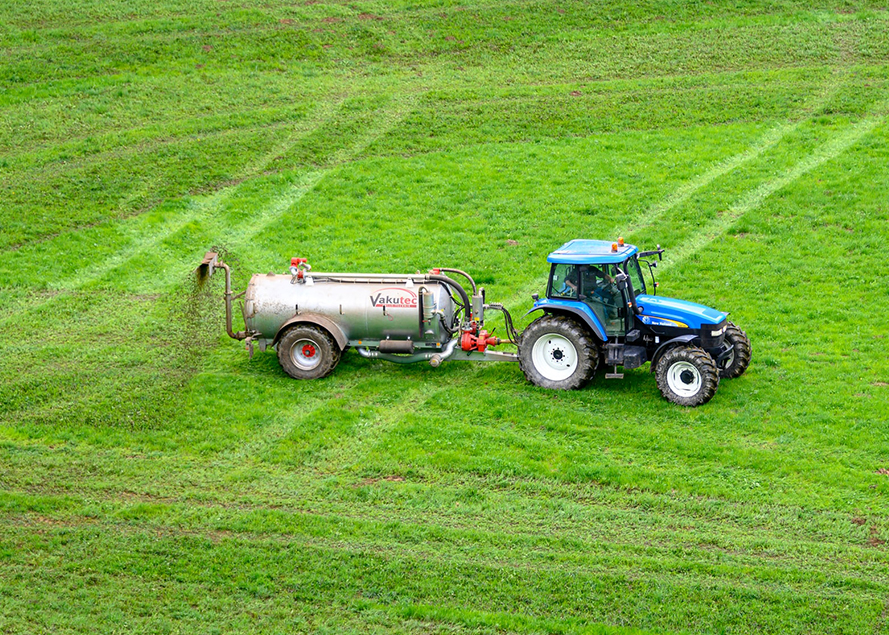The CEO of one of the world’s largest fertilizer companies warns of an impending food crisis, but biotech has solutions.
Our dependence on fertilizer from Russia and Ukraine allowed Putin to “weaponize” food, Yara International CEO Svein Holsether told the Financial Times. Compounded by the impacts of weather on harvests, the fertilizer shortage threatens global food security.
Russia accounts for one-fifth of fertilizer exports globally, and Russia and Belarus together supplied 15% of the world’s fertilizer. Russia and Ukraine are both major grain producers in the world, as well.
BioNews has previously cited the USDA in explaining that fertilizer prices have more than doubled since last year, owing to a variety of factors, such as Putin’s price hike, a limited supply of relevant minerals and high energy costs, high global demand and agricultural commodity prices, reliance on fertilizer imports, and a lack of competition in the fertilizer industry.
The problem and the solution
Most chemical fertilizers contain nitrogen—which plants need—but traditional fertilizers can pollute the land and the water supply, disrupting the life on earth. It can also exacerbate climate change by emitting greenhouse gases that deplete the ozone layer, which is finally in the process of recovery.
The solution to this is using greener fertilizer, said Holsether—something many biotech companies are developing.
BIO member companies Ginkgo Bioworks and Bayer, for example, are cooperating through their joint venture Joyn Bio to solve the problem, as Bloomberg highlighted last week. Using synthetic biology, Ginkgo and Bayer alter the microbes that colonize cereal crops, like corn, wheat, and rice, so they naturally fix nitrogen into the soil.
Companies such as Pivot Bio, Kula Bio, and Anuvia are pushing the development of farm fertilizers by harnessing microbes or plant-based products to deliver nutrients that corn and other crops need. They intend to replace conventional fertilizers derived from natural gas or mined underground, reported Bloomberg.
More innovation is key to success
By reducing the need for industrial nitrogen fertilizers in some of the most common crops, biotech innovation can help reduce the use of nitrogen fertilizers, which are primarily sourced from Ukraine and Russia (and account for 3% of greenhouse gas emissions).
“Innovations in genetically engineered (GE) microbes can unlock the potential for biology to transform industries,” according to BIO.




